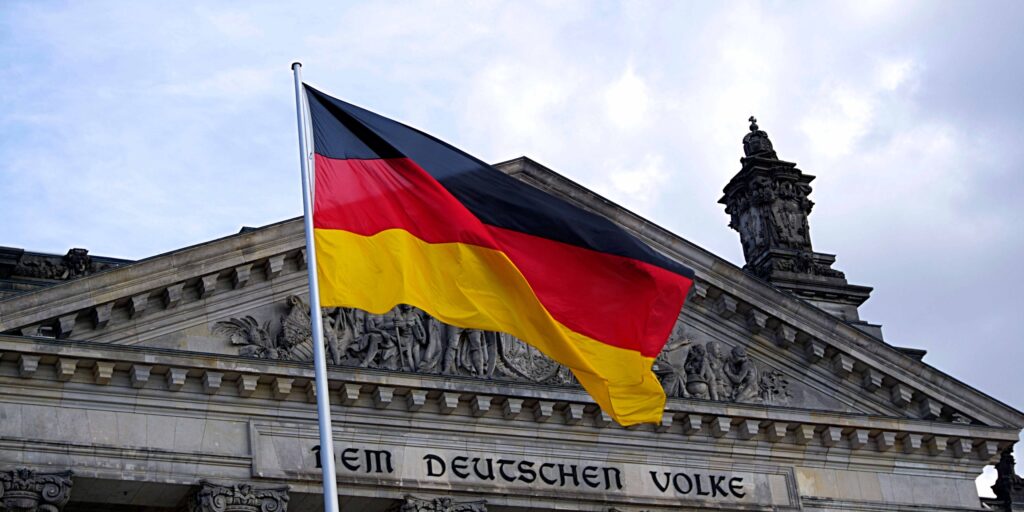
In the third support package totalling more than 65 billion euros, the German government attempts to combat inflation and high energy costs. German Chancellor Scholz announced in the press conference that while “this is the largest package to date”, the investment is necessary for “our country to get through this crisis well”. Read more to learn about the German measurements taken to withstand the crisis.
Support packages
For the third time this year, the German government has announced a comprehensive relief package that needs to assist the Germans in the contemporary period of inflation. The previous two support packages (in total around 30 billion) presented by the German government included an energy surcharge, a reduction in excise duty on fuel and the 9-euro public transport ticket. The latter could be bought and utilized by both German nationals and internationals and enables the buyer to unlimitedly use the public transport for a month. Whilst these measurements assisted the German inhabitant, a third relief package is recently announced.
After negotiations of around 20 hours, Olaf Schultz and his coalition parties announced this new package. In the attempt to assist Germans through the winter, the slogan of this package: “You’ll never walk alone” signifies the feeling of unity. Scholz argues that “we will never leave anyone behind”, which emphasises the fact that this relief package is mainly focussed on the lower incomes, the students and the retirees. While concerns are growing in Germany about the high cost of living, the trade unions and opposition parties Die Linke and AfD are considering demonstrations and the German trade union movement is warning that inflation could lead to considerable social unrest. However, Scholz argues that he is completely aware of this and that “we take all these concerns very, very seriously. You will never be alone. We will not leave anyone behind.”.
New measurements
To compensate these groups, this new package includes a reduced price for basic electricity consumption, an energy surcharge for students and pensioners, and a prolongation of the discounts on public transport. Moreover, retirees can receive a one-off of 300 euros to compensate for the energy inflation, for students this compensation is 200 euros. For single-person households, that are entitled to housing benefits, this amount is 415 euros, and for a household with two people, this one-off compensation is 540 euros and increases by 100 euros per additional family member.
The child benefit (currently 219 euros per child) will be increased considerably. After the New Year, the child benefit increases by 18 euros per month for their first and second child. Furthermore, the 9-euro ticket introduced in the previous package gets prolonged but will likely be more expensive. An amount of 49 to 69 euros per month is considered to freely use German public transport. In addition to this, more Germans will be able to apply for housing benefits. The limit will be raised to 1,600 euros per month, and 2,000 euros per month next year. It is estimated that this will increase the number of subsidy recipients from 700 thousand to 2 million. This group of “low earners” will have to pay less for their social contributions and employers give an up to 3,000 euro tax-free “inflation premium”. Especially for smaller businesses to keep running, there will be more tax easing. This does not apply to the “low earners” due to their relative low spending budget.
More measurements
The German coalition consisting of the social democratic SPD, The Greens and the liberal FDP, have argued about even more measures to include in the package. While the SPD and the Greens were fond of an excess tax, where companies have to pay more tax on their profits above a certain threshold, the FDP argued that this excess tax will be harmful to the German business climate and the attraction of businesses. However, while the excess tax is not part of the relief package, the German government has promised to explore the possibilities at the European level to skim off the high profits of energy companies. In this proposal, a price ceiling for exceptionally profitable energy producers is considered. The German government first wants to look at including this measurement on a European level, but in the case that this is deemed unsuitable, the government will regulate this in a short period on the national level.
Conclusion
In conclusion, Scholz argues that the enormous rise in energy prices is the result of the ongoing gas war. Scholz continues about the Germany-Russia relationship: “He has committed a breach of contract, something that never happened even in the Cold War, and in doing so he has proved that Russia is no longer a reliable energy supplier”. In establishing this new relief package, Germany aims at supporting the lower incomes, retirees, and students through the high energy consumption of the winter. According to Scholz, German needs to become independent from Russia- as soon as possible.
Sources
https://nos.nl/artikel/2443251-duitsland-steekt-nog-eens-tientallen-miljarden-in-lastenverlichting
https://www.volkskrant.nl/nieuws-achtergrond/lees-hier-het-liveblog-van-zaterdag-3-en-zondag-4-september-terug~b71c17db/?referrer=https%3A%2F%2Fwww.google.com%2F
